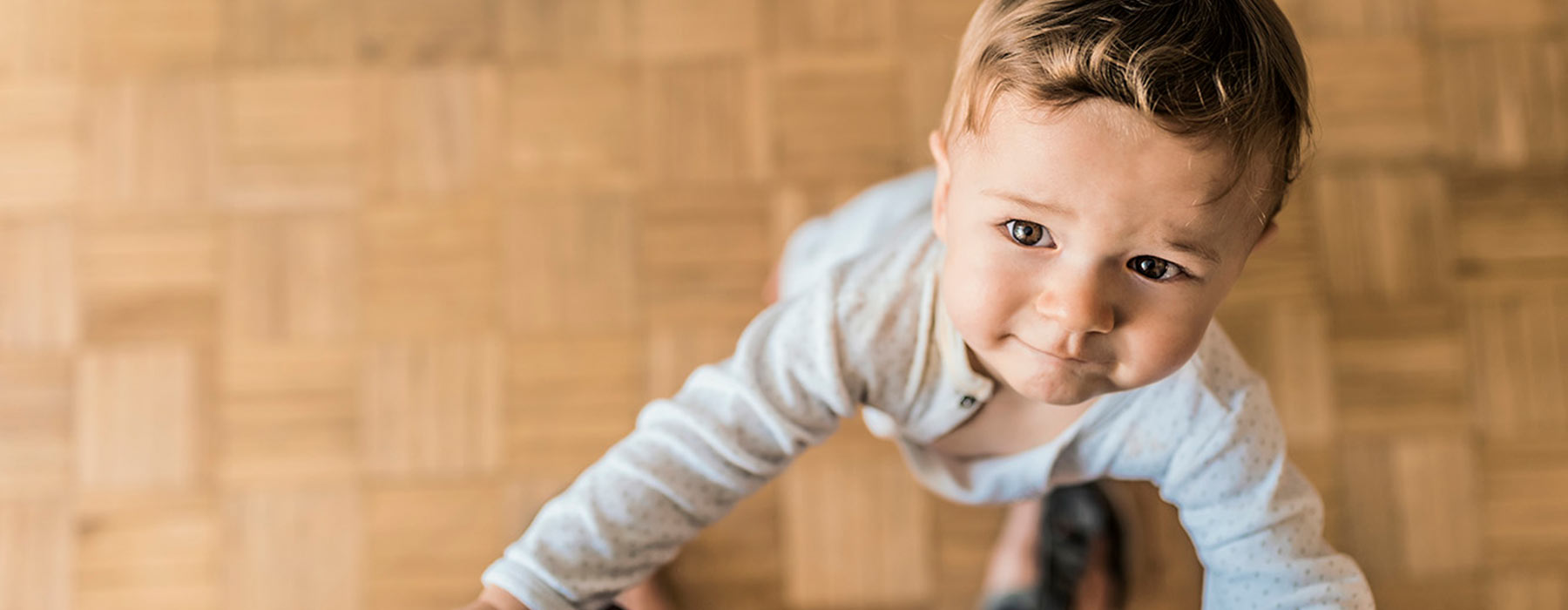Prevent Poisoning in Your Home

According to the American Academy of Pediatrics, poison control centers in the U.S. received nearly 2.5 million reports of exposure to potentially toxic substances in 2022. Many of these exposures involved children under the age of 19.
Many items in homes can be toxic to kids, including medications, cleaning products, alcohol, plants and even cosmetics. Magnets, button batteries and laundry packets are other easily accessed items that can be dangerous if ingested by young children. If your child swallows one of these, they’ll need to get help quickly.
The COVID-19 pandemic impacted the types of poisoning reported in children and adolescents. There were more reported poisonings in children from cleaning products, disinfectants, bleach and hand sanitizer. Families can also prevent these poisonings by using only one cleaner at a time to avoid potentially dangerous reactions between cleaning products. There was also a notable increase in intentional self-harm, especially in teenage girls. Securing medications, including over-the-counter products like acetaminophen (Tylenol®) and diphenhydramine (Benadryl®), is critical for keeping teens safe.
Florida’s Poison Control Centers continue to receive calls about dietary supplements this flu season. Are you or your family members taking melatonin, vitamin D, and/or vitamin C to boost your immune system? Be careful because these supplements can be harmful when not taken at the recommended dose. Please check with your doctor before taking supplements, and read the packaging closely.
Another issue related to poisoning in South Florida has been the legalization of medical cannabis edibles, which has led to more of these products in homes with children. In 2023, Florida Poison Centers logged 604 exposures to these products, compared to only 264 three years prior. If someone in your family is using any product derived from cannabis, make sure to keep it out of reach of children at all times.
If anyone is experiencing uncomfortable effects from these medications or has questions about their safety, call 1-800-222-1222.
To avoid poisoning, make sure to follow the steps below:
- Keep all poisonous substances up and away, out of reach of children. You can use locks on high cabinets to help ensure that kids can’t get to the dangerous items in your home.
- Ensure items such as medications and household cleaners are always in their original, labeled containers.
- Medications should always be stored in childproof containers. Remember that visitors to your home might keep medications or other dangerous items in purses or bags, so make sure those are out of kids’ reach, too.
What should you do if your child does get exposed to poison in your home?
Poison control centers offer help for emergencies involving poisons/medication mistakes, even for adults. A quick call to poison control (1-800-222-1222) can save a family’s trip to the emergency department. Calls are fully confidential — no one gets in trouble for calling poison control.
For more information about keeping your child safe from poisonings in the home, contact the Injury Free Coalition for Kids of Miami, a program supported by The Children’s Trust, at 305-243-9080 or www.injuryfreemiami.org.
By Kristen Mascarenhas, M.D./M.P.H. candidate at the University of Miami Miller School of Medicine with Wendy Stephan, Ph.D., Julie Belkowitz, M.D., M.P.H., Lyse Deus and Oneith Cadiz, M.D.
Originally published on: March 22, 2022
Tags: American Academy of Pediatrics, Dr. Julie Belkowitz, Dr. Oneith Cadiz, Pediatrics
